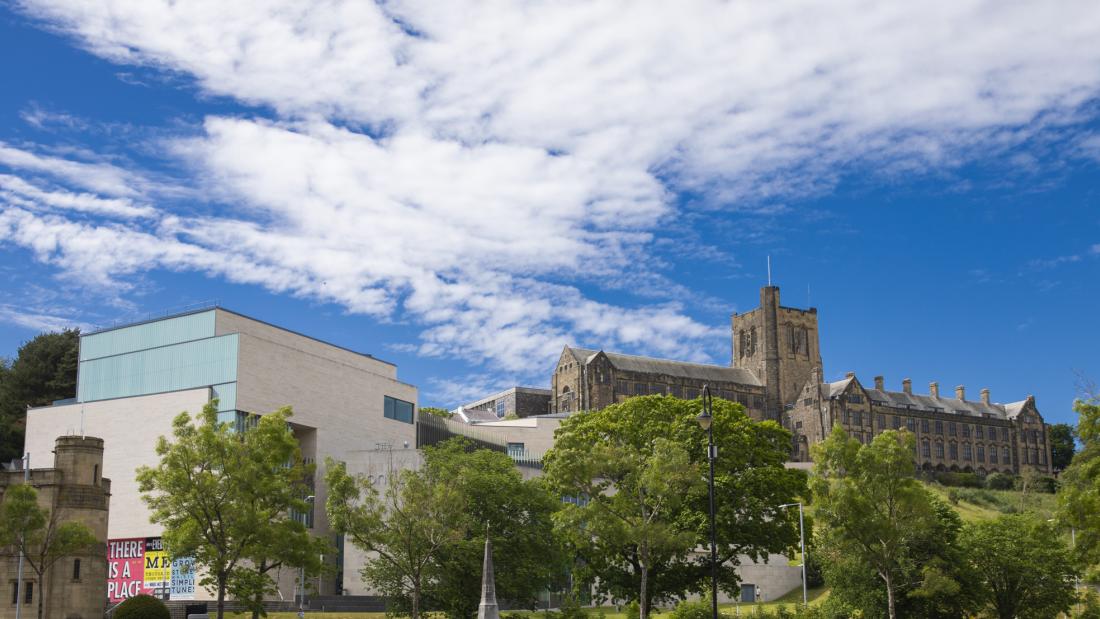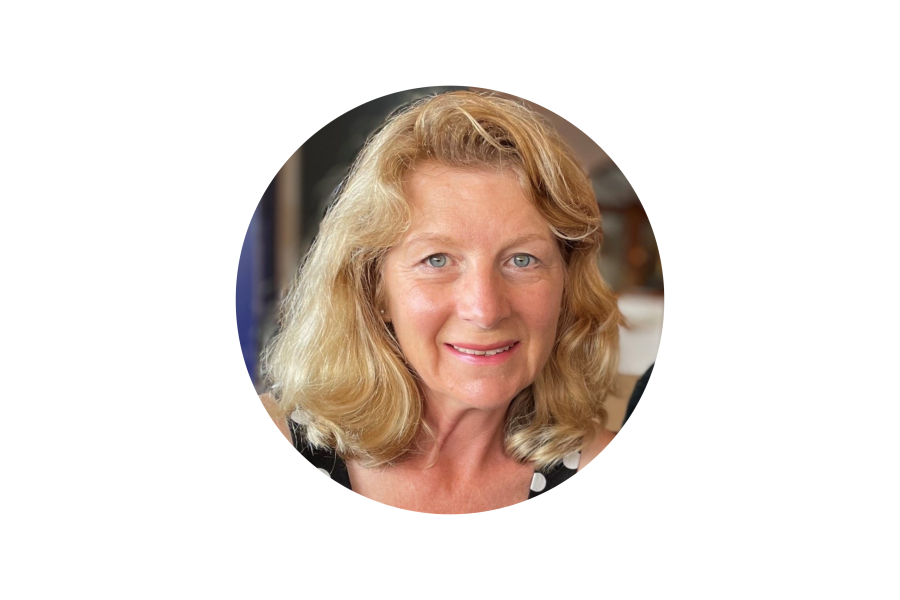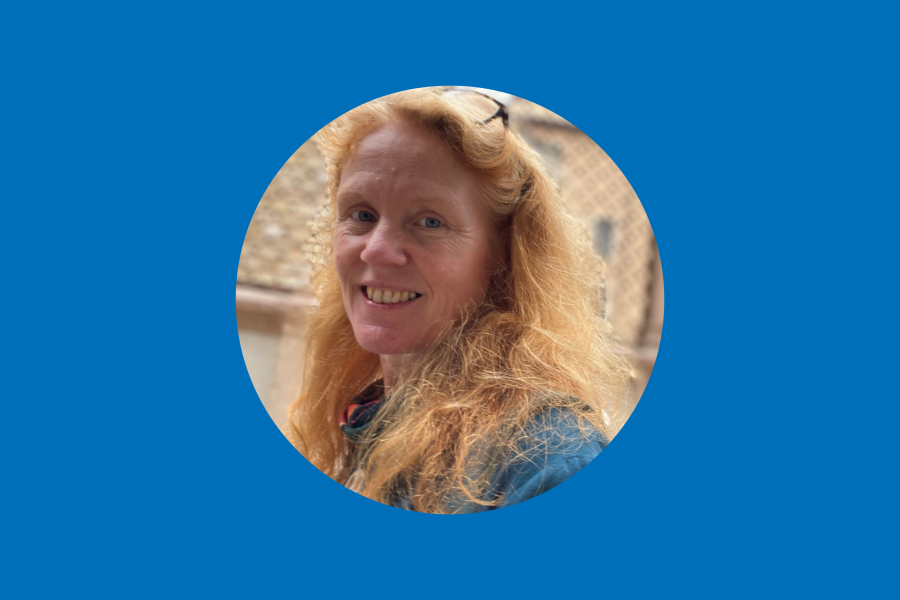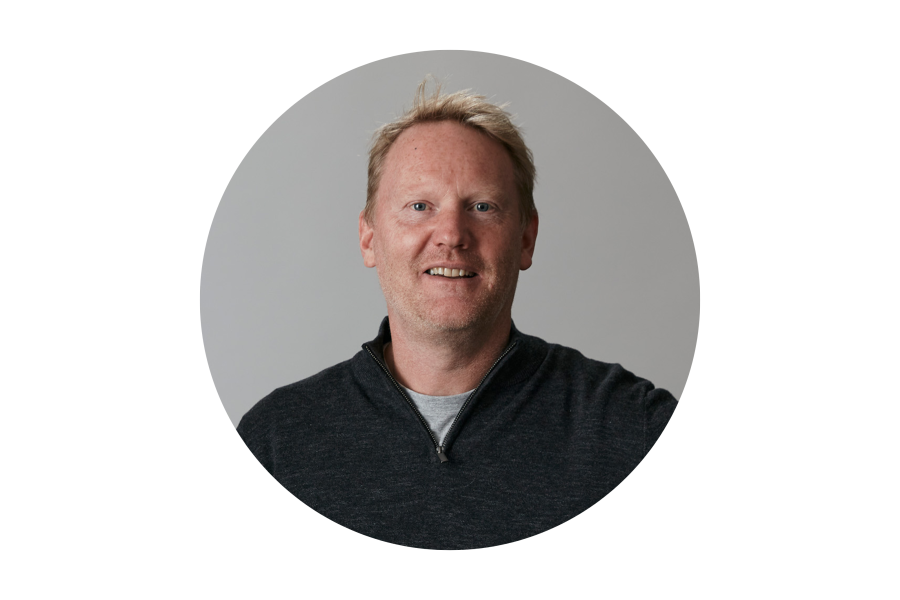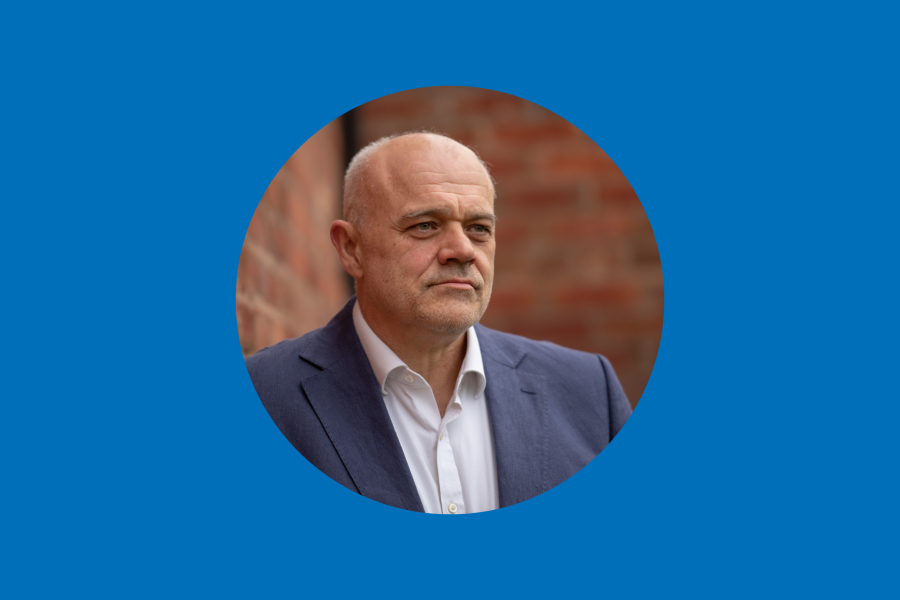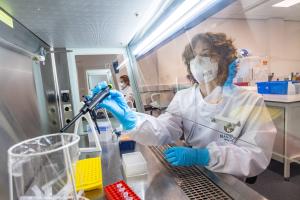I am delighted that my research continues to be highly cited and highly influential. It is a fantastic recognition of the applied health services and nursing research that we conduct in the School of Health Sciences. I am very grateful to Bangor University and the School of Health Sciences for their continued support for my research and to my team for delivering such high quality research projects.
It is an honour to be included within this year's Clarivate Highly Cited Researchers list. We benefit from working in a university environment that supports and encourages research and partnership working within a small but highly progressive nation. My inclusion on the list shows how our collaborative research is influencing global knowledge, as well as informing policy and practice across Wales.
Appearing in the Clarivate Highly Cited Researchers list reflects the dedication of the technicians, PhD students and postdocs as well as my academic colleagues who have worked with me to produce a wide range of high quality research outputs with meaningful impact. This is very much a team award. Achieving an ISI H-index of over 100 was a highlight of the year.
I am delighted to be included in this year’s Highly Cited Research list. The research I publish requires the expertise of individuals from different universities, from practitioners in our national health service and from leaders in international organisations such as the World Health Organization. I am ever grateful for their continued contributions and support. Making the highly cited research list is a reminder that our work is part of an international research network intent on improving health and well-being through the pursuit and implementation of evidence policy and practice. I am delighted that our publications continue to contribute to this global endeavour.
Pen portraits
As a Registered Nurse and Registered Children's Nurse, Professor Jane Noyes is one of a very small number of UK Nurses to have been a made a Fellow of the American Academy of Nursing. Jane has developed a global reputation in child health and health research. She is best known as the longstanding leader of a Cochrane group of internationally renowned methodologists who have undertaken ground-breaking work to develop and clarify the methods for synthesizing qualitative and mixed-method evidence to inform clinical decision-making. Cochrane is the global leader in producing reviews of trusted evidence using rigorous methods to inform decision-making in health and social care. Jane is frequently called upon by global organisations such as the World Health Organisation and various US Government agencies to advise on evidence synthesis methods and their application in the decision-making process.
Professor Karen Hughes is Research and Capacity Development Manager (Specialist Projects) at Public Health Wales and an Honorary Professor at Bangor University. She directs the work of the Public Health Collaborating Unit at Bangor University, an applied research collaboration between Bangor University and Public Health Wales. Karen has a broad public health research portfolio with particular interest in violence prevention, adverse childhood experiences, alcohol use and nightlife health. Her work includes implementing national population studies, original research studies, systematic literature reviews and intervention evaluations. Karen works with the World Health Organization to support their programme of activity to prevent and respond to violence and has published a wide range of academic papers and national and international reports to inform the development of public health policy and practice.
Professor Davey Jones’ research focuses on balancing ecosystem services and protecting human health. To this end he collaborates with industries such as Verily Life Sciences to deliver novel solutions to environmental and public health problems. He developed the national wastewater-based surveillance programme for COVID-19, which was subsequently adapted and rolled out for a wide range of other human pathogens in both a community and environmental setting. Recently, the team undertook the first national assessment of antimicrobial resistance in rivers. In an agricultural context, the team is looking at novel ways to offset greenhouse gas emissions and the development of more sustainable agricultural systems and the impact of plastics in the environment.
Professor Mark Bellis is a Professor of Public Health at Bangor University and Director of Health Research and Innovation at Liverpool John Moores University where he also leads the Public Health Institute. He undertakes national and international research and development in fields including Adverse Childhood Experiences, alcohol, drugs, sexual health and commercial determinants of health. For over a decade, he has been the UK Focal Point to the World Health Organization on violence and injury prevention. His work spans original research studies, systematic reviews, health economics and policy implementation. Mark is a registered Consultant in Public Health for the NHS in Wales and in 2009 he was awarded an OBE for services to healthcare. He also chairs the World Health Organization Collaborating Centre for Violence Prevention. Mark has published over 250 academic papers and more than 300 applied public health reports and books.
Clarivate Reveals World’s Influential Researchers in Highly Cited Researchers 2024 List

